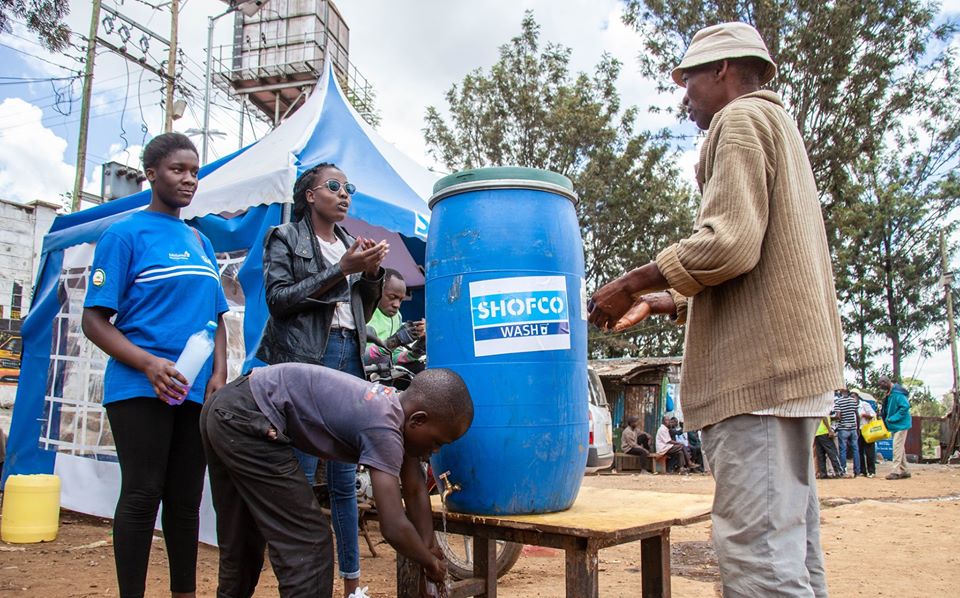- About
- Topics
- Picks
- Audio
- Story
- In-Depth
- Opinion
- News
- Donate
- Signup for our newsletterOur Editors' Best Picks.Send
Read, Debate: Engage.
| topic: | Health and Sanitation |
|---|---|
| located: | Bosnia and Herzegovina |
| editor: | Katarina Panić |
My mother just turned 80. She is extraordinarily vital for her age: she grows flowers and vegetables, often goes to the library, travels a lot and even babysits. She is a very sociable person, but she was highly disciplined over the first year of coronavirus and blindly adhered to all measures. She desperately waited for the vaccine, and applied for one as soon as local authorities called people above 65, as a priority group, to do so. She got her first dose of Sputnik V, but was unpleasantly surprised once she came for her second one.
"We have some technical problems. We will invite you once we solve them," the nurse told her 21 days after the first shot. The same was said to more than 1,300 people my mum's age in the northern Bosnian town of Prijedor.
It turned out that some 140 people got their second dose that very same morning before someone noticed the cold chain for vaccines storage was somehow disturbed.
The rumours started to spread faster than the authorities wanted to. And then they made a mistake they quickly regretted: they decided to announce that the vaccination is carried out in the best order, regularly and without any problems.
The news was broadcast on the state-owned TV station at noon, a few hours after the vaccination was stopped. Other media outlets were deprived of official sources, but they decided to publish the story based on the experience of people who didn't get the second dose. The story exploded and was republished not only all over the country but in neighbouring Serbia and Croatia.
The very next day, the health centre manager and leading epidemiologist convened a press conference to explain that the power outage violated the cold chain, but it was too late. The district prosecution office already formed the case against two of them. They are suspected of negligent performance of duty and failure to comply with health regulations during epidemics.
This week the Krajinagroup, the local supplier in Bosnia, stated the Russians made an exception agreeing to deliver some 1,300 doses of the second component only.
"There are several types of responsibilities here: professional, moral, political and criminal," the main opposition party claims, criticising the ruling party who last month appointed a young lawyer with work experience only in forestry to run the health system amid the pandemic.
A sort of performance for the public followed. The young manager offered his resignation. The local assembly, in which his party has a majority, refused to accept the resignation he offered. He himself is among the councillors too.
Image: Nextt News.

